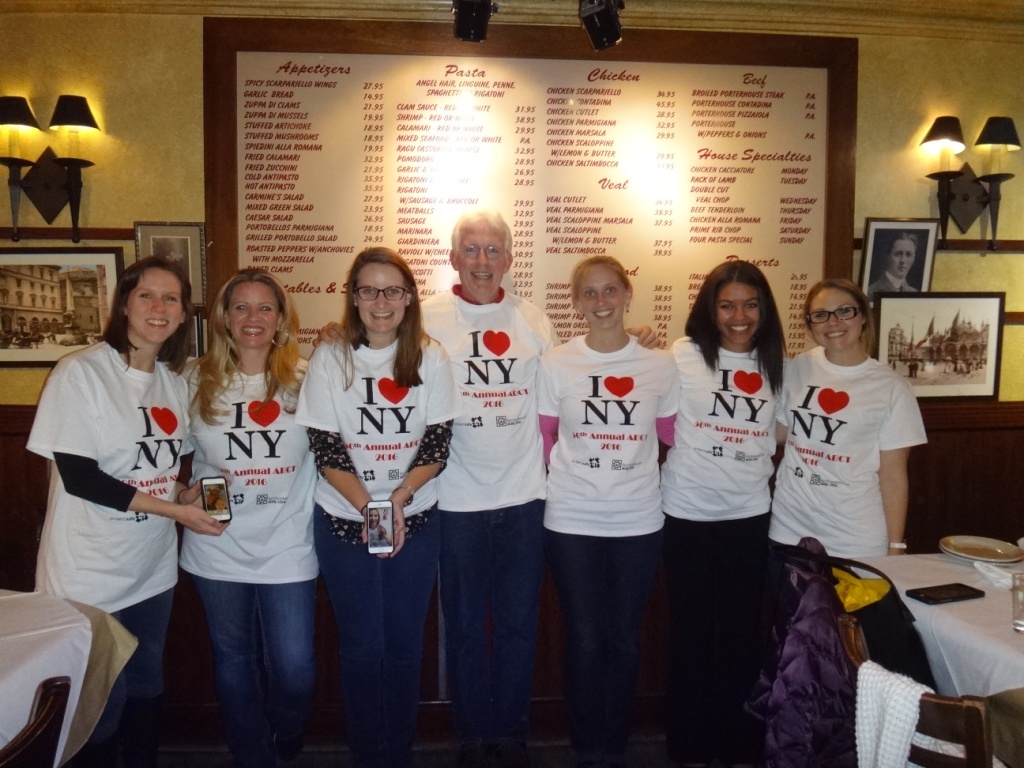The Child Maltreatment Lab conducts research across various forms of maltreatment, including sexual abuse, physical abuse, and neglect. Research efforts include development of assessments and interventions for victims and families, maltreatment prevention, and understanding the correlates and consequences of maltreatment.
Project SAFE Research
The lab has developed and is evaluating a model intervention program based through the BraveBe Child Advocacy Center, Project SAFE (Sexual Abuse Family Education), which addresses the mental health needs of child victims and their families following sexual abuse. A variety of assessment measures are collected from families at four time points throughout the intervention to better understand the difficulties they may be facing and evaluate intervention practices. The assessment battery includes well-known and empirically supported measures such as the Child Behavior Checklist and Youth Self Report (Achenbach, 1991), the Children’s Depression Inventory (Kovacs, 1992), the Revised Children’s Manifest Anxiety Scale (Reynolds & Richmond, 1985), the Symptom Checklist – 90 (Derogatis, 2000), the Family Adaptability and Cohesion Scale (Olson, 1996), and the Family Crisis Oriented Personal Evaluation (McCubbin, Olson, & Larson, 1987). Research efforts also include the development of assessment instruments for evaluating outcomes, such as a weekly problems scale for child victims and their parents, and measures for assessing parent and child expectations for child functioning following sexual abuse. Findings indicate the positive benefits of Project SAFE services for victims and their families (e.g., Hubel et al., 2014; Sawyer & Hansen, 2014).
 Head Start Research
Head Start Research
Research also addresses maltreatment prevention in Head Start home-based and center-based programs. The lab’s Head Start research investigates risk factors using an ecological model, explores relationships among risks and substantiated abuse and neglect, and examines the program’s ability to identify and reduce risk. For a comprehensive description of the lab's Head Start research efforts, please click here.
Related Projects
Related projects examine the heterogeneous symptom presentation of child and adolescent sexual abuse victims and factors that influence symptom presentation. Recent research projects have used archival data from the BraveBe Child Advocacy Center in an effort to improve the identification of children who are at highest risk of sexual abuse and identify those at risk for revictimization. Additionally, a recent research project used undergraduate students at UNL to examine perceptions of child sexual abuse victim blame.